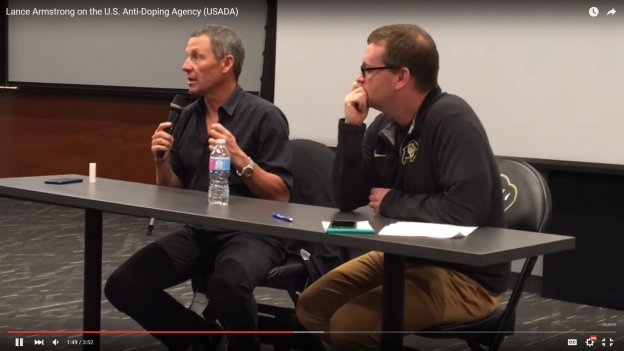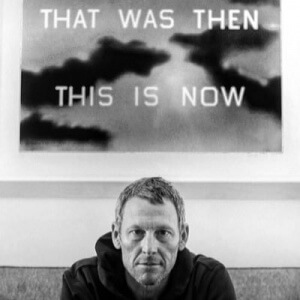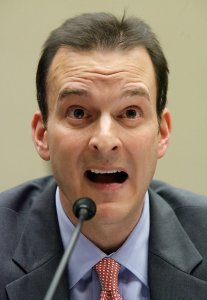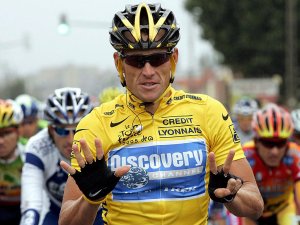Lance Armstrong has shown no signs of relenting in his criticism of the United States Anti-Doping Agency (USADA). This is not particularly surprising since USADA chose to make an example of him with a lifetime suspension for multiple doping violations throughout his career. Regardless of any ill will Armstrong may harbor towards USADA, his criticisms of USADA are dead on the money.
Armstrong shared his feelings about USADA at a question and answer session with students of Dr Roger Pielke’s “governance of sports” class at the University of Colorado in Boulder on March 3, 2016.
“I have a lot of thoughts about USADA. I think the organization is absolutely necessary. I think they are probably one of the most ineffective and inefficient organizations in the world for the amount of money. And I’m not criticizing. It just is what it is. I’m not criticizing [USADA CEO Travis Tygart] or the organization. But if you consider a budget of $10 or $15 or $20 million a year, and then you lay that over the testing results, which come back at 0.2%, or 0.7% come back as positive, we know that is not a realistic number.”
In Armstrong’s retirement from sports, he has been far more truthful that USADA and Tygart ever were. USADA exists only if it can convince the general public (and the government that funds it) that it is doing a good job at effectively catching athletes who use steroids and performance-enhancing drugs (PEDs).
USADA has utterly failed to do this. USADA has never caught more than 1% of PED users when everyone knows the doping is far more prevalent. It is clear that most steroid and PED users are getting away with it. USADA is simply not able to detect the use of prohibited drugs with its current anti-doping methods.
“I don’t know what the number is, whether it’s 10 or 20 or 50%, I don’t know. That tells you that that system is broken, too. It’s probably the reason that Travis and USADA needed something. They needed a case, they needed a story. I was that story, I was that case, it is what it is, and we’re here. But they needed something to show that they were effective. And they did, and it worked.”
If USADA is doing such a terrible job, it must do something to hide the fact, distract observers, mislead the public or all of the above. It requires the shrewdest and even the most deceptive public relations possible. And fortunately for Tygart, he found the perfect scapegoat with Lance Armstrong.
“And now the world views him and them and the organization and all of their peers, and any other anti-doping agency, as truly effective, when they’re really not… But if you have an organization that is struggling for credibility — and believe me, I was the complete dumbass who made it totally easy for them to do this, right? So this is my fault. I did what I did, our culture and our era did what we did, but I took it so much farther. And that’s really the lesson for me in all of this…
“I was way too aggressive as a person. That’s what enabled them to say, this guy is way out over his ski tips, and we’re going to make an example of him.”
Tygart and USADA attempted to paint a picture of Armstrong as the biggest fraud in professional cycling. USADA claimed that Armstrong’s cycling team had the most sophisticated doping program in the history of sports. This wasn’t true. And Tygart and USADA knew it.
In the aftermath of the Armstrong scandal, it became painfully clear to everyone that Armstrong was simply doing what everyone else in cycling was doing. By making Armstrong the scapegoat, USADA knew that it could restore its credibility as an effective moral guardian of doping in sports. Even as USADA was calling Armstrong a liar, the anti-doping organization was lying to everyone else about its own success, or lack thereof, in its pursuit of “clean sport”.




